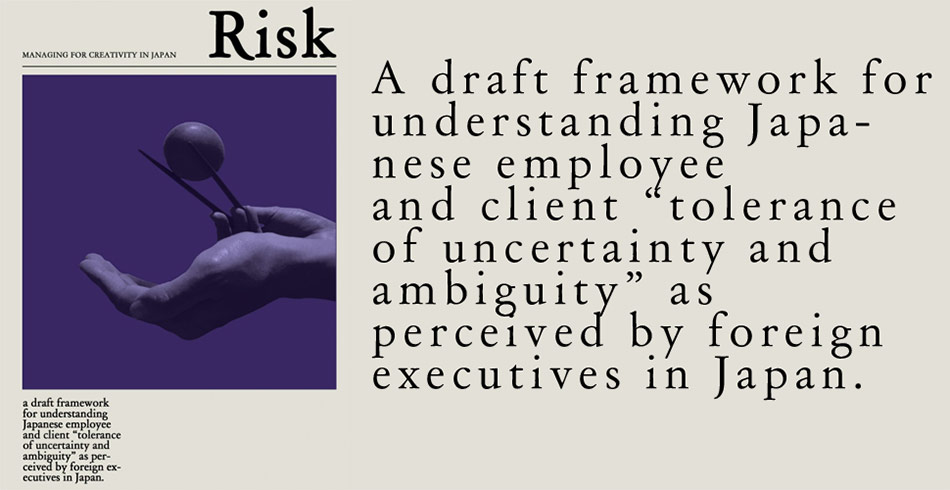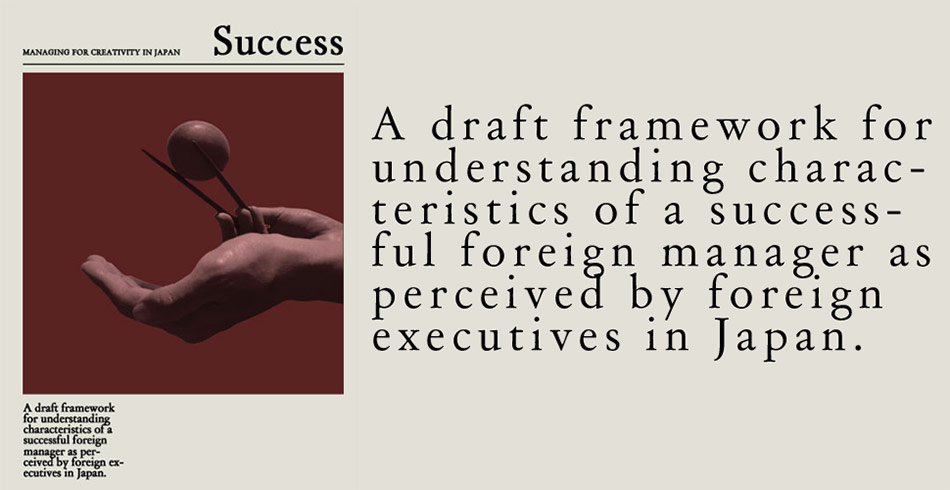“The first characteristic is probably the ability to receive advice – the ability to identify allies and build a team of people who are able to influence the organization. It is also important to be able identify who the opinion leaders are and who the change agents might be, and to work with them effectively.
I also think that the ability to create positive dissonance but still maintain harmony is important. In a way that has to do with generating goodwill, so it’s a personal characteristic – being warm and human and at the same time creating understanding of the need for change. I guess a lot of that comes down to good communication skills. But before communication comes listening, so the ability to listen well, and listen well across cultures is important. I think you can learn that in other countries, not just in Japan. I’ve worked with CEOs who have never been to Japan before, but who have a lot of global experience. The successful ones have the abilities I just mentioned.”
“The leadership characteristics are not so different from what you would require for success as a leader in any other culture, but there is probably a heavier emphasis on the ability to trust and rely on others, and to listen intuitively.”

